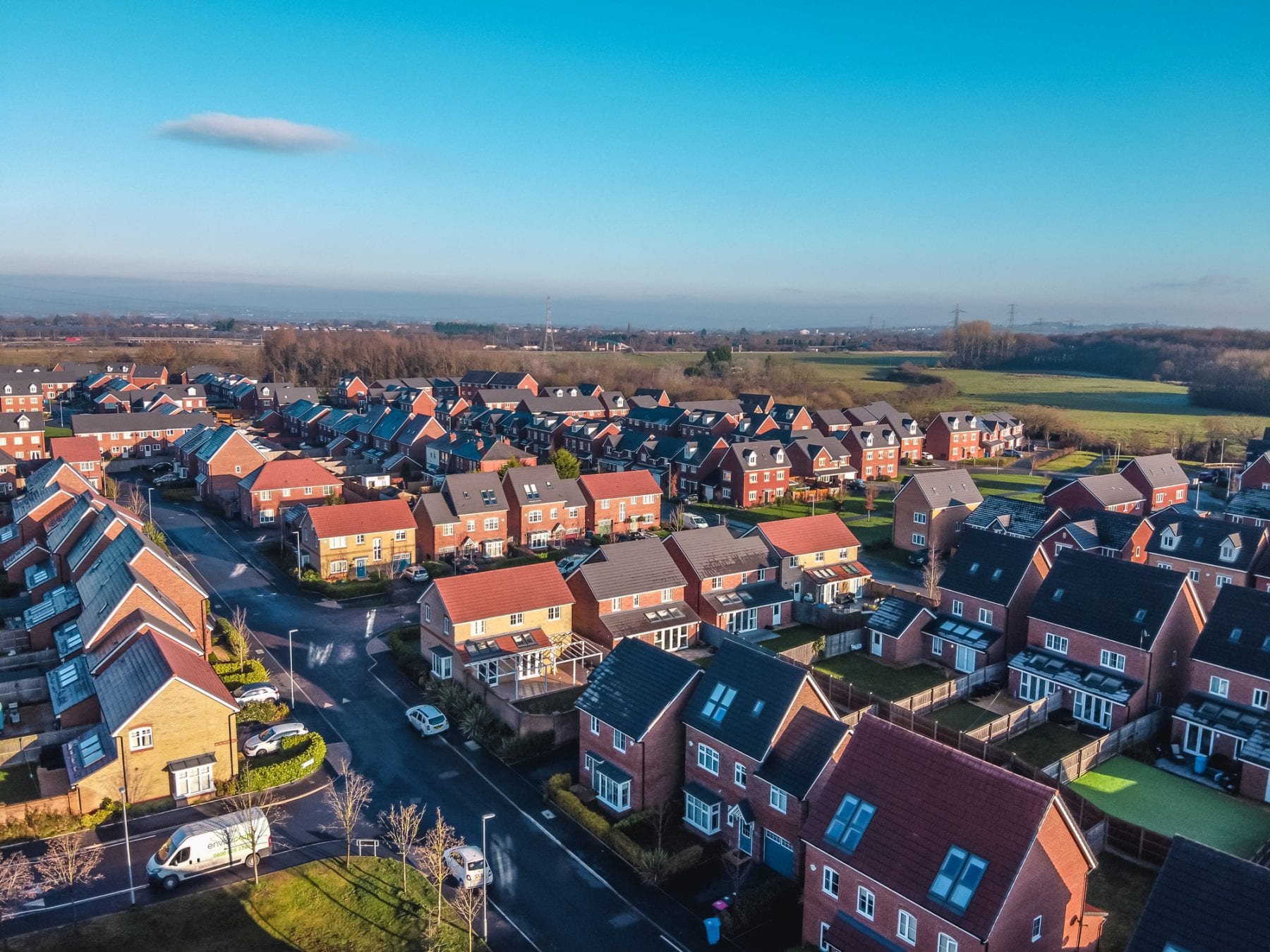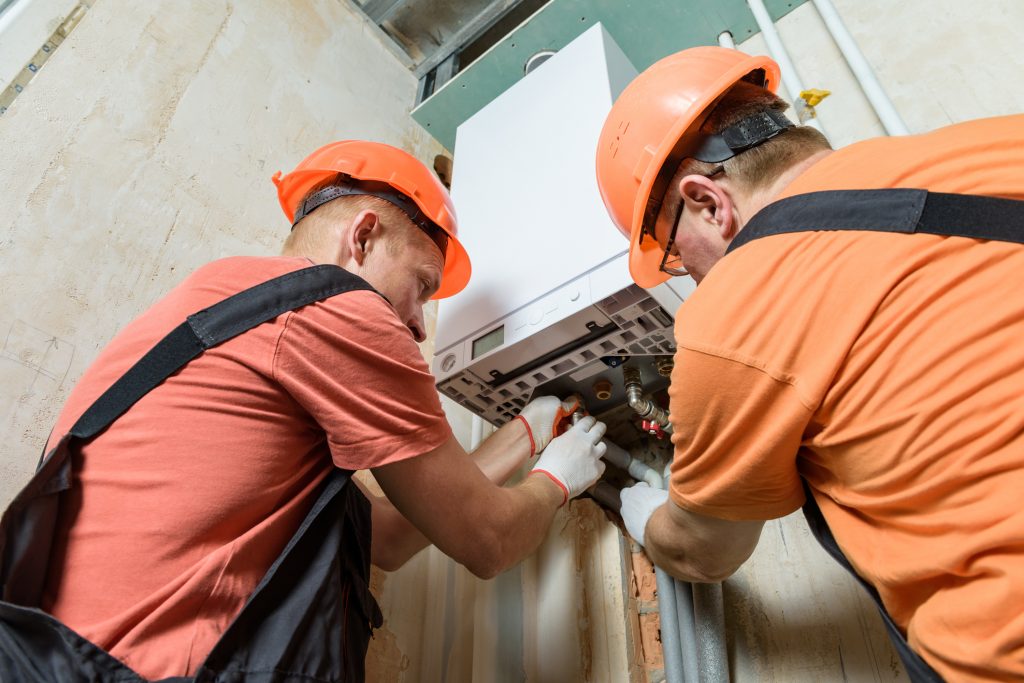While Brexit dominates the political headlines, we shouldn’t forget other pressing issues on the Government’s to-do list. On the energy front, we are still waiting for publication of the much anticipated ‘Clean Growth Plan’, which should set out how the UK intends to stay on track to reduce carbon emissions in the years up to 2032.
It’s vital that the Clean Growth Plan announces a commitment to help all households to make energy efficiency improvements to their homes. This is all part of a bigger argument about the need for an ambitious strategy that also includes making new homes ‘2050-ready’ and tackling fuel poverty.
The context
Current government plans dictate that from 2018, the Energy Company Obligation (ECO)–the only national funding programme for home energy efficiency–will be open to only one group of people. That’s households who are on certain welfare benefits, identified by the government as at risk from fuel poverty. Of course it’s right that help with energy efficiency should be provided first to the people that most need it. But support shouldn’t end there.
We need a wider programme of support for insulation and efficient heating systems because many families are struggling with energy bills and do not fit neatly into the official category knows at ‘fuel poor’. Around 20% of homes, for example, are struggling with energy bills, but only 11% of English households are in fuel poverty. And only half of that 11% meet the government’s criteria for ECO support*. So there’s a big gap.
A programme to help all households, therefore, ensures that support is there for every family living in a cold home or struggling with bills.
We need to get people with disposable income incentivised too
A wider programme of support for energy efficiency isn’t just about helping families who are struggling with bills. We also need to unlock opportunities for households who can afford to make their own investments in energy efficiency. The reality is, householders do not put energy efficiency at the top of their wish list. It can be disruptive to make improvements to your home and so people are going to need incentivising.

We subsidise nuclear, why not subsidise ‘cuts in energy demand’?
The government subsidises nuclear and renewable energy generation – so there is an even stronger case for the Government to subsidise cuts in energy demand. Investing in energy efficiency to reduce demand is the idea that the energy efficiency is the ‘first fuel’. In simple terms, the energy we don’t use is the cleanest and cheapest.
There are many ways to prioritise the ‘first fuel’
There’s no one-size-fits-all solution for helping householders pay for energy efficiency. Our white paper offers ideas ranging from council tax or stamp duty rebates, to zero or reduced rate loans and mortgage-linked cash-back schemes.
If targeted right, public money spent on home energy efficiency can unlock much larger amounts of private sector investment and also be ‘recycled’ through loans schemes.
Scotland leading the way
Scotland is providing a rich test-bed for a number of fiscal incentives. There is a trial of an equity-release scheme, where householders can withdraw some capital from their home to pay for improvements, paying back when it is sold. This isn’t a new idea and equity release schemes are available from the private sector. But with private sector equity release schemes, when house prices rise rapidly, home owners can end up paying back far more than they borrow. The Scottish Government equity release scheme caps the amount that has to be paid back even if house prices rise. This removes the worry from accessing finance for energy efficiency investment. It’s a clever idea.
Simple ideas also have their place. One of the most successful energy efficiency incentive schemes in the UK was the £400 boiler scrappage scheme in 2010.
In that programme, thousands of home owners replaced old, G-rated boilers with the latest, much more efficient models. Of course, the £400 grant didn’t cover the full cost of a new boiler. But the “free” money spurred action. Could a similar cashback scheme be used for the full range of energy efficiency improvements; perhaps as an encouragement for householders to make bigger investments?

All of these ideas are up for debate. But one thing isn’t, and it’s this: we should prioritise energy efficiency, the ‘first fuel’, for every householder.
*Sources for all statistics cited in this article are in our white paper on this topic.
For more details, read our white paper: ‘The Clean Growth Plan: An offer to all householders‘ or download the PDF version.